In the last two decades, patients with inflammatory bowel disease (IBD) have reaped the benefits of the advancements made in biologic therapy, which has positively impacted their quality of life while reducing the need for hospitalization and surgery. However, the ever-rising cost of medications has hampered the global healthcare budget and limited many patients’ access to biologic therapies. This reality is especially salient in the case of IBD, where biologic agents are the chief drivers of budgetary increases.
Many IBD biologics, such as infliximab (IFX), possess soon-to-be expiring patents, and their expiration stands to necessitate the need for the emergence, development, and use of biosimilars. The integration of biosimilars in the pharmaceutical marketplace generates competition, thus diminishing the economic burden of therapy while yielding augmented patient access to biologics and preserving healthcare resources.
In this review, published in Digestive Diseases and Sciences, the authors detailed their experience with biosimilars in a single-center cohort study of 155 Crohn’s disease (CD) patients in Scotland. The study focused on switching CD patients over from IFX to CT-P13, which was discussed with all participants beforehand. They were reassured that a close follow-up would be administered that monitored IFX trough and antibody (ATI) levels, obtained prior to and after switching, to detect any pharmacodynamic deviations. All CD patients were receptive to the switch-over and following a therapeutic drug monitoring (TDM) evaluation, researchers administered the CT-P13 biosimilar at an increased dose in 12 patients, while decreasing the dose in six. Furthermore, 21 of the patients were switched to adalimumab while 24 other patients went into remission and were transitioned off the biologic. A total of 110 patients received the biosimilar therapy and were followed during 756 infusions for >104 patient-years.
The results showed no perceptible difference of disease and inflammatory markers such as C-reactive protein, Harvey-Bradshaw Index, and fecal calprotein, when comparing data acquired before and at six and 12 months after switch. Moreover, researchers reported no adverse reactions or unexpected safety signals. These results are financially significant as they show an average cost saving of roughly 50% by switching to a biosimilar, compared to the originator price of $800,000.
The authors note that although this trial was uncontrolled, non-randomized, and performed on a limited sample size, it still shows significant positives. They said that it “demonstrates a great confidence of patients with their doctors regarding the decision about switching that was assuredly related to an appropriate communication pathway; [and] secondly, it supports the contention that part of the resources saved by using biosimilars can eventually be re-invested for the same patients by applying more widely and cost-effective TDM-based management.”
Although the use of biosimilars for IBD has yet to be fully assessed, particularly as it pertains to safety of multiple switches between the biosimilar and original reference, the authors noted that if “the basis of the choice to switch and eventually switch again is principally economic, this may enter standard clinical practice given the number of biosimilars already available and under development.” They added that this is “probably already a viable option for patients under treatment that move to different countries.”

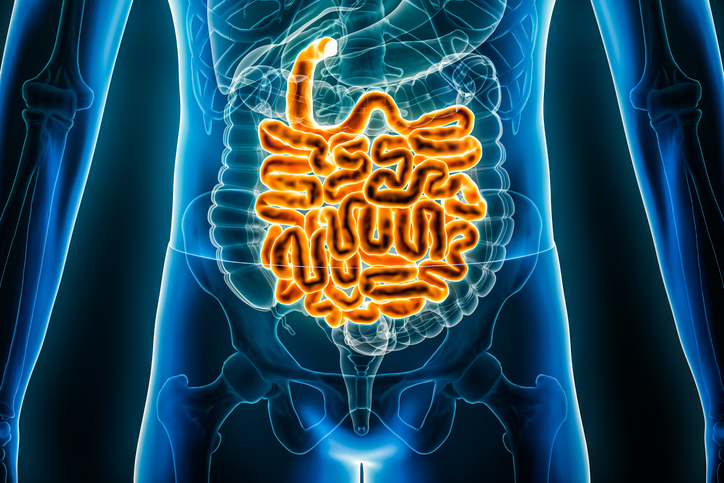
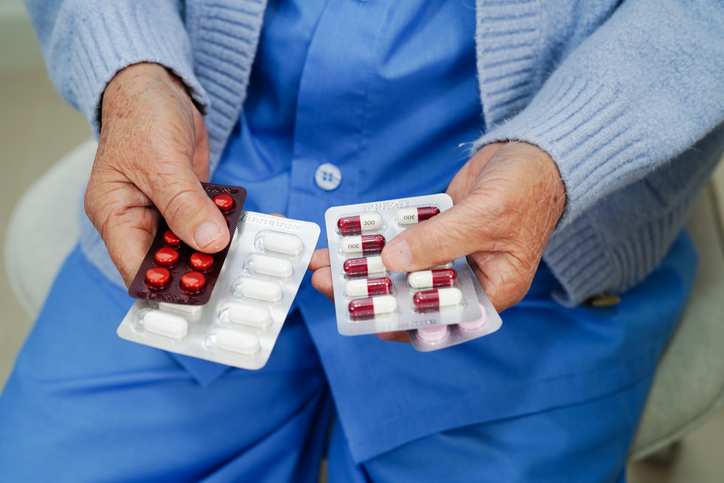
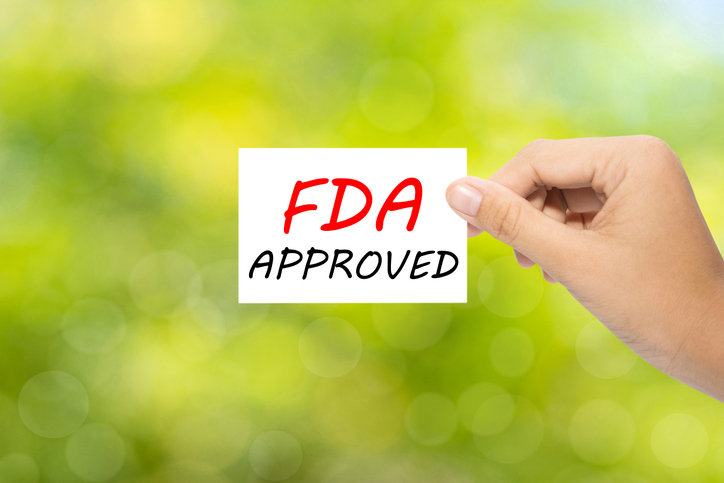
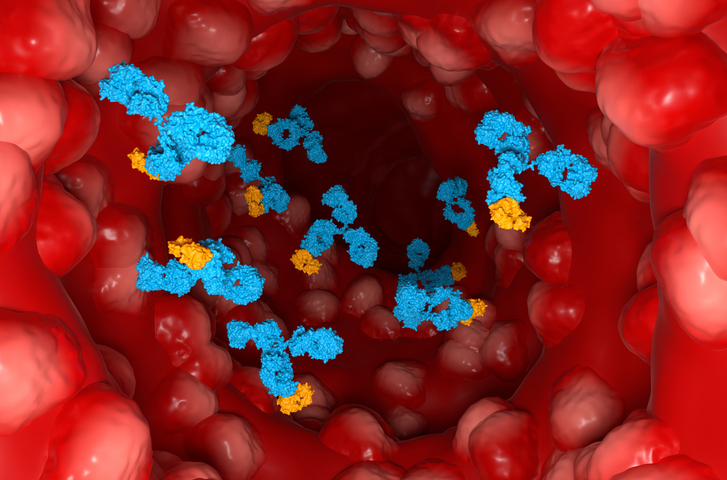
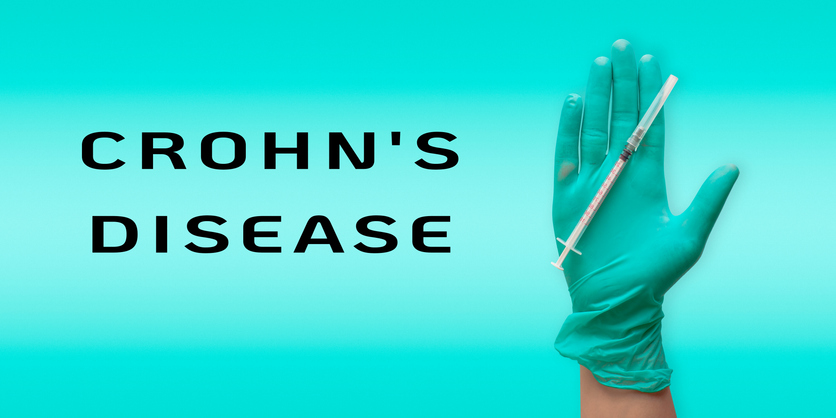

 © 2025 Mashup Media, LLC, a Formedics Property. All Rights Reserved.
© 2025 Mashup Media, LLC, a Formedics Property. All Rights Reserved.